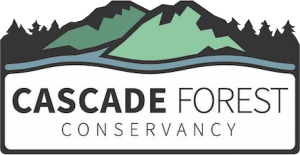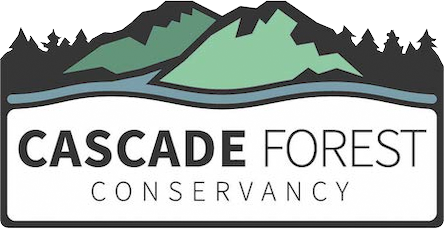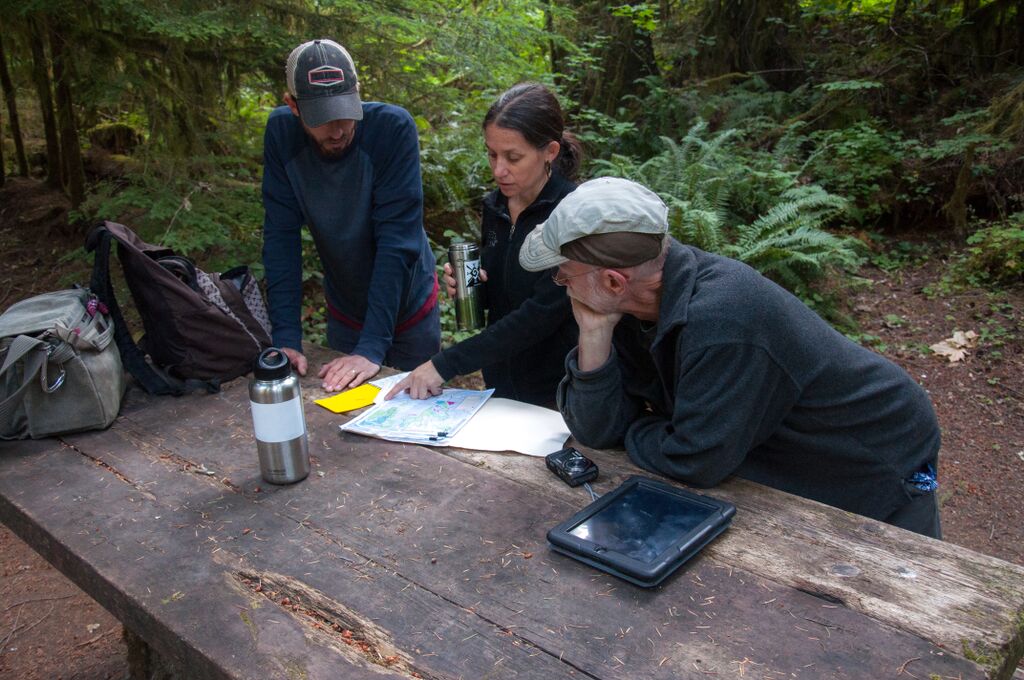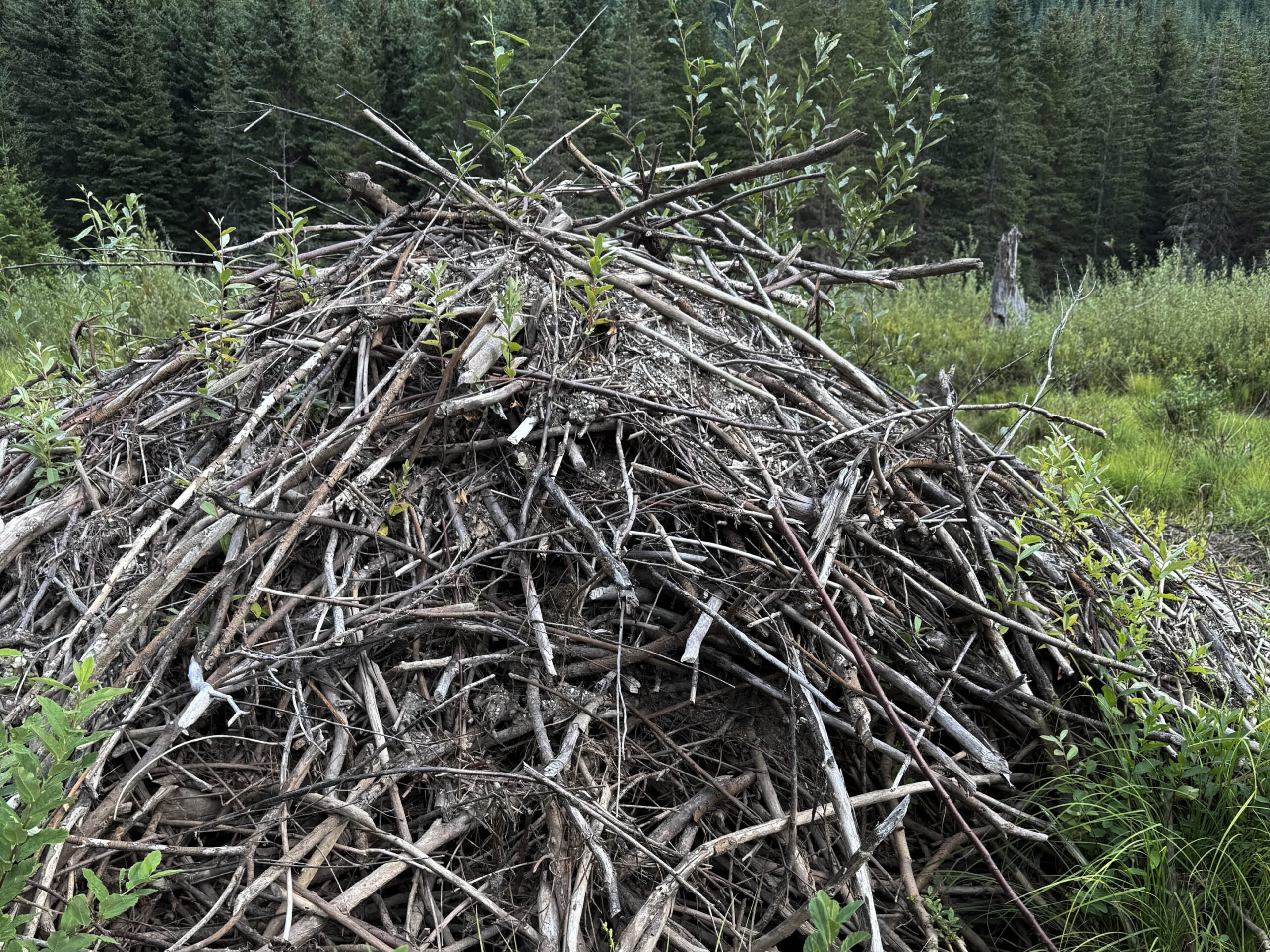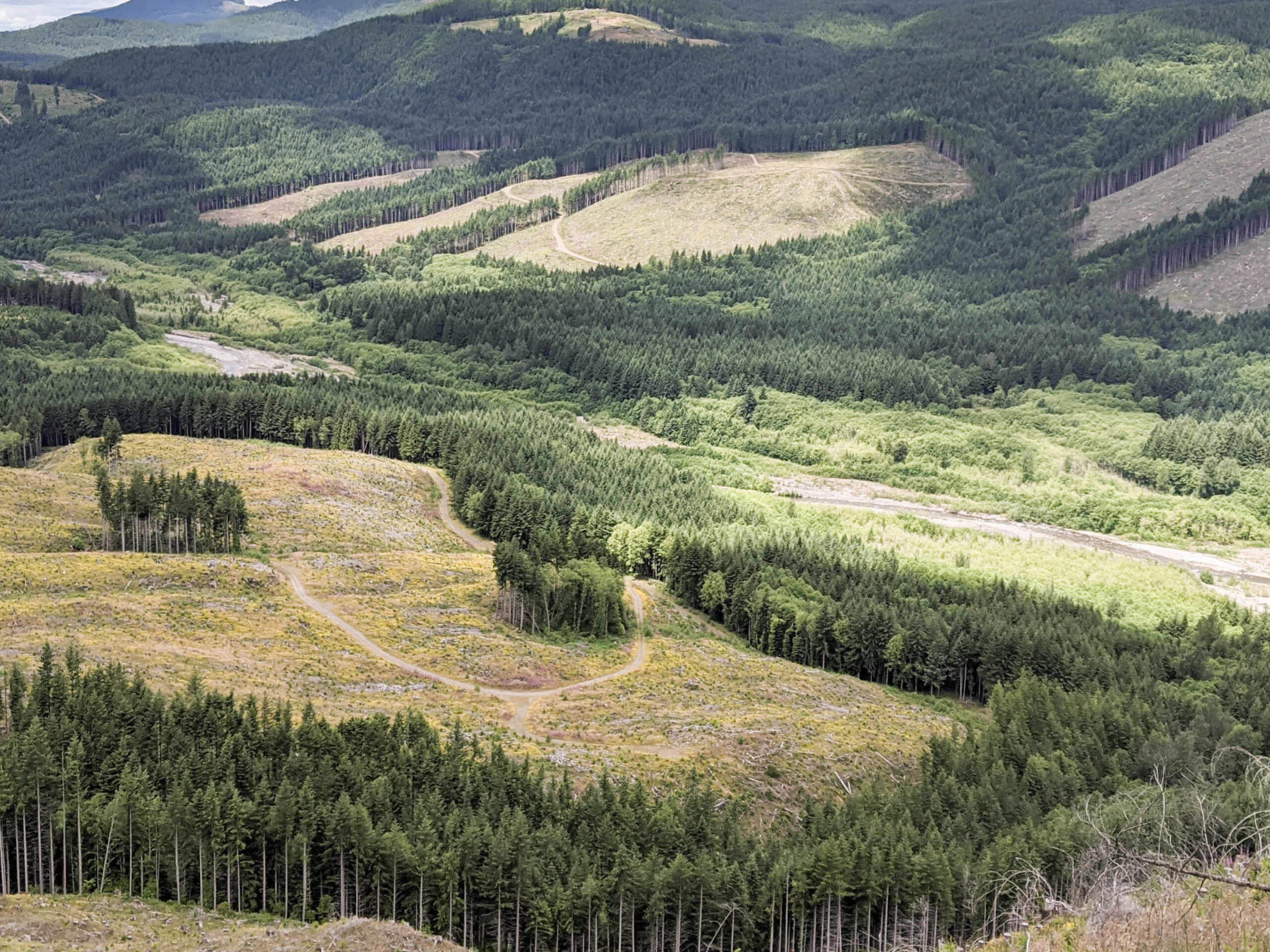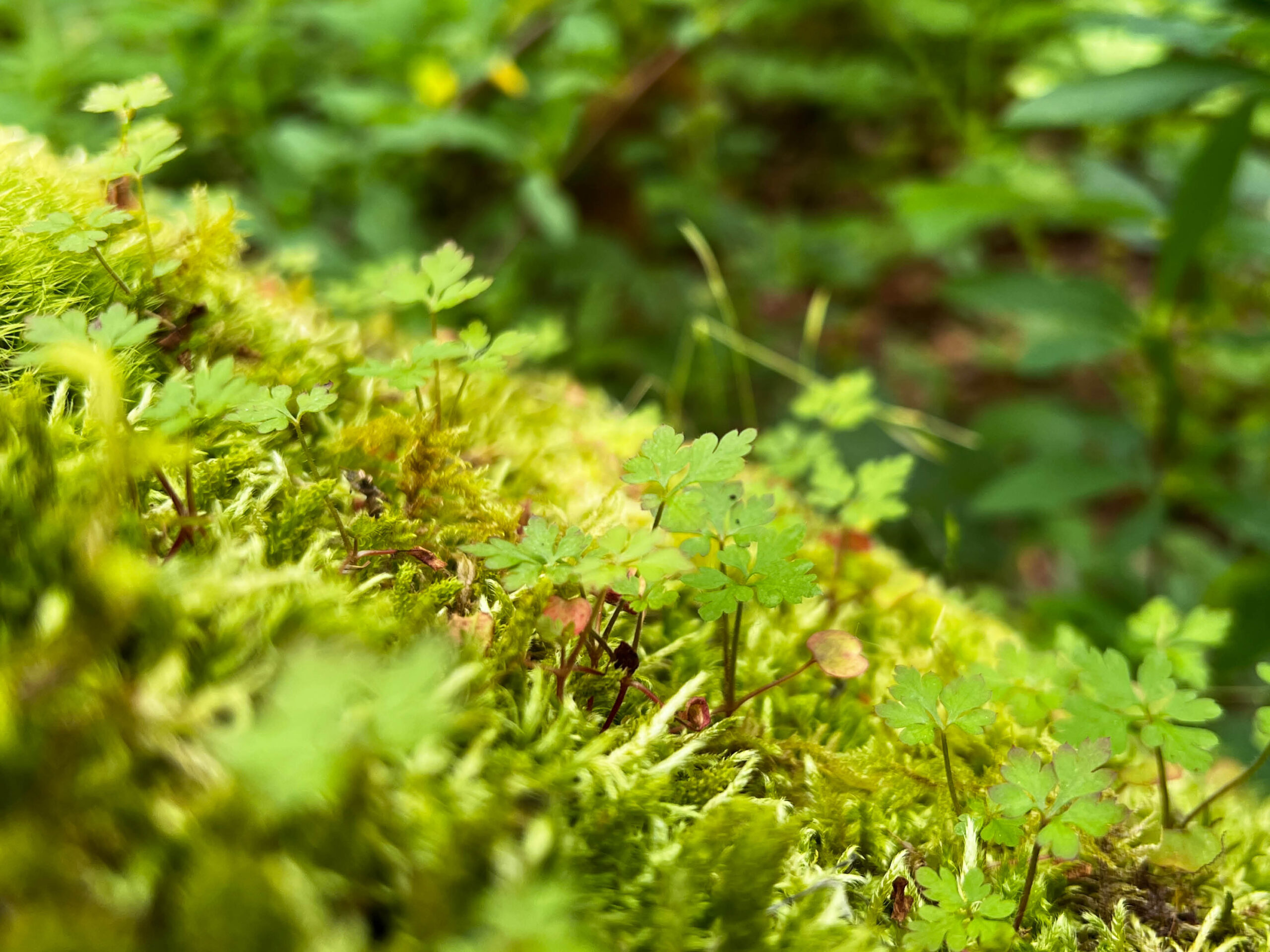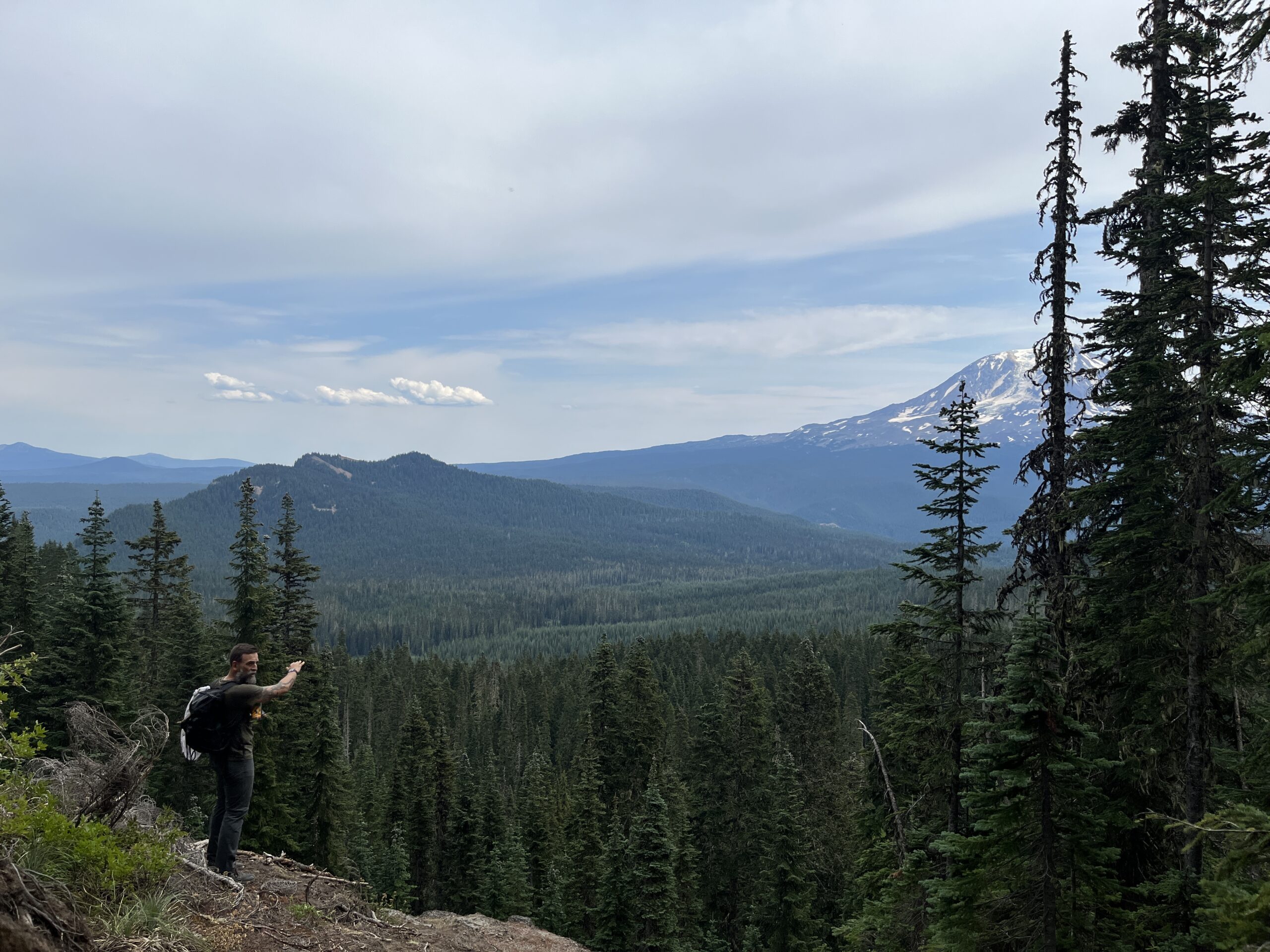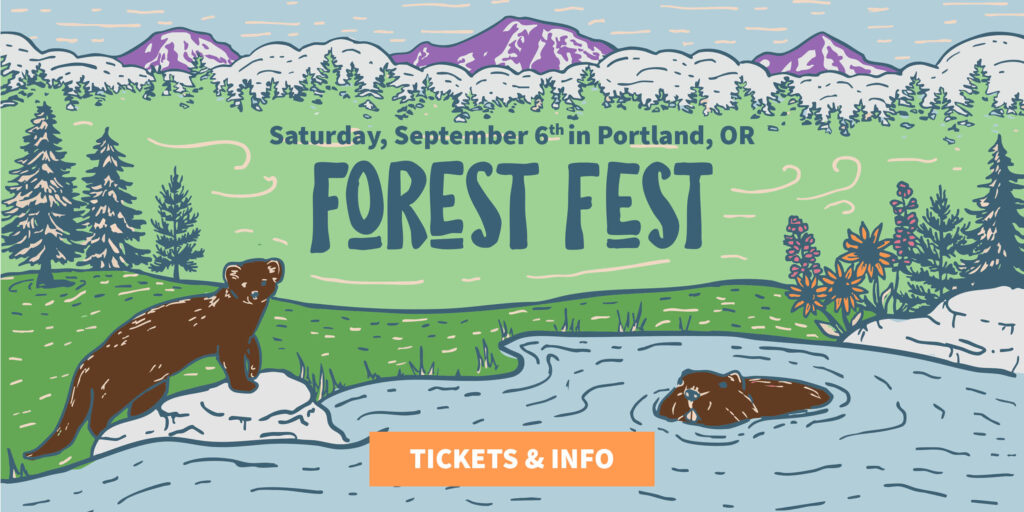[vc_row row_type=”row” use_row_as_full_screen_section=”no” type=”full_width” angled_section=”no” text_align=”left” background_image_as_pattern=”without_pattern” css_animation=””][vc_column width=”1/12″][/vc_column][vc_column width=”5/6″][vc_column_text]
From The Chronicle,
Huckleberries, carnivores and coniferous forest canopies are all out in the great outdoors and waiting to be studied by citizen scientists like you. The Cascade Forest Conservancy will be spearheading a series of volunteer trips into the Gifford Pinchot National Forest in upcoming months so citizens can get hands on in the effort to better understand the ecosystem that lies hidden beneath a sea of green in the Cascade foothills.
The goal of the trips is to collect field data for conservation projects and to undertake the groundwork for additional habitat restoration projects. Volunteers will have the opportunity to gather firsthand information about wildlife, forests and streams.
In a press release, the Cascade Forest Conservancy noted that when citizens get involved directly it helps to connect the general population with large-scale conservation projects that are currently underway in the nearby national forest.
Those projects include wildlife camera surveys to monitor habitat use of carnivores, surveys to investigate effects of forest roads on aquatic health, timber sale surveys to improve our work with timber harvest projects, beaver habitat surveys to identify distributions and reintroduction needs, huckleberry monitoring to gauge effects of forest thinning on huckleberry restoration, and riparian planting to improve aquatic habitat in the streams of the Cascade Range.
“These trips offer a unique opportunity to get involved with conservation and to be part of broader scientific projects,” said Shiloh Halsey, conservation science director with Cascade Forest Conservancy, in a press release. “Last year, we brought volunteers out to the Mount Adams area to locate old-growth ponderosa pine trees and identify priority areas for protection and restoration. It was a fun trip for folks and their work was used to improve the upcoming forest thinning project.”
No prior experience or expertise is required to participate in the citizen science field trips. Additional information, such as trip dates and projects, can be viewed online at www.cascadeforest.org/get-involved.
[/vc_column_text][/vc_column][vc_column width=”1/12″][/vc_column][/vc_row]
